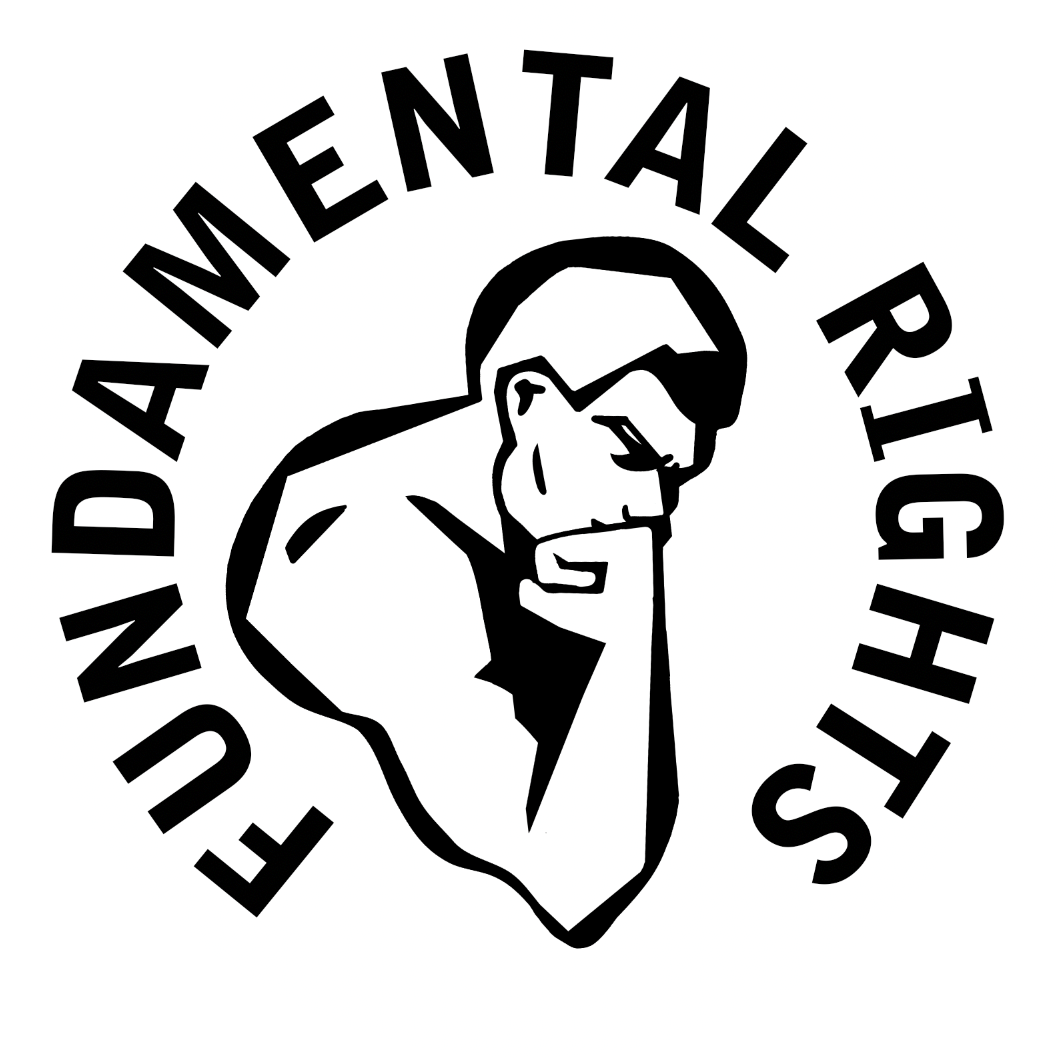The Impact Act
Can you imagine a world where all ordinary citizens are not allowed to criticize the government if they disagree with a given policy such as its foreign policy? In fact, it already seems to be like this today…
On 19 March 2019, the Danish Parliament passed a law on 'illegal influence activities', which is intended to make it more difficult for foreign intelligence services to influence the public democratic debate in Denmark. This relates to section 108 of the Penal Code, which contains the so-called Impact Act where it is not legal to conduct influence activities with a view to influencing decision-making.
Section 108 of the Penal Code reads as follows: 'Anyone who… otherwise does anything whereby foreign intelligence services are enabled or assisted to act immediately or directly within the territory of the Danish state, including co-operation to exercise influence activities with a view to influencing decision-making or the general opinion formation, is punishable by imprisonment for up to 6 years'.
The penalty can increase to a full 12 years if it happens during a state of war or in connection with an election.
According to Jørn Vestergaard, professor of criminal law at the Faculty of Law at the University of Copenhagen, this new law is not defined sufficiently clearly. Therefore, the law may risk limiting the public debate, even if that is not the intention. "As stated in the bill, criminal liability presupposes 'co-operation to exercise influence'. The key word is 'co-operation', but it is very unclear what this means. This has not been made very clear in the preparatory work for the amendment," says Jørn Vestergaard.
Bjørn Elmquist agrees. The new law restricts the population's freedom of expression. He says: "Instead of legislating, one should have given space for free and open debate, where people can come up with arguments for and against. People should not be deterred from participating in the public debate just because the Russian intelligence service goes around saying the same things as they do" says Bjørn Elmquist.
Disagreement can therefore, via section 108 of the Penal Code, be interpreted as being criminal if you as a citizen do not share the viewpoints of the authorities.
The problem is that the law is a violation of the Constitution, which states that personal freedom is inviolable, including freedom of expression. Therefore, we are at risk of becoming a society that resembles a totalitarian dictatorship rather than a democracy.
It is obvious that this violates human rights where everyone should have freedom of expression and can express themselves without getting 6 or 12 years in prison – this goes without saying. It's part of our fundamental rights - so of course the Fundamental Rights Association opposes it.
To find out more contact the Fundamental Rights Association.
Sources:
https://fbf.one/paavirkningsloven-et-totalitaert-mesterstykke/
